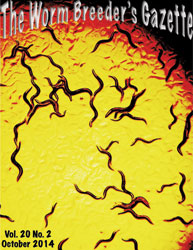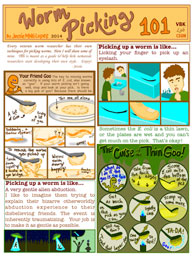We have developed a new website for interfacing with nematode neuronal connectivity data - WormWiring. WormWiring will make available the latest results of connectivity projects and will compliment the anatomical descriptions of WormAtlas and WormImage with interactive tools for exploring synaptic connections. Anyone interested in sharing their data on WormWiring is invited to contact us.
WormWiring is intended to supplant the now dated The Male Wiring Project. In addition to asthetic and navigational updates we have added several new features. Compared to the previous static neuron map images, our new neuron maps are loaded on the fly with the ability for the user to select the view, types of synapse displayed, synapse labels, and synaptic weight for their neuron of interest (Fig. 1). We have developed a legible and informative new visual representation of neuronal synaptic partners as well as the identity of partners involved at individual synapses (Fig. 2). For those interested in neural network structure we have supplied an adjacency matrix browser sortable by neuron name, in degree, out degree, in strength, out strength, page rank, and neuron class (Fig. 3).
Currently WormWiring contains the connectivity data seen at The Male Wiring Project, which constitutes the reconstruction of the posterior nervous system of an adult male C. elegans (Jarrell et al., 2012). We are currently reconstructing the anterior nervous system of an adult male and will make these connectivity data available on WormWiring within several months.
In addition to male C. elegans animals, we have revisited the historical EM data used for The Mind of a Worm (White et al., 1986). Our reconstruction encompasses the anterior and posterior nervous systems and includes description of over 6000 synapses. Our new data will include X,Y,Z coordinates of synapses and neuronal processes, improved characterization of synaptic weight, as well as clarification of neuromuscular junction synaptic partners. Again, these data will be made available on WormWiring soon. Connectomics projects that are planned or ongoing include: L1, L2, L4, and dauer animals. We look forward to hosting additional connectivity data from other laboratories.
We encourage other labs to undertake their own reconstructions with our help using our image annotation software, Elegance. There is likely to be interest in reconstructing legacy electron micrographs found by browsing WormImage for developmental stage or genotype of interest. To date there are 147 and counting different image series hosted, including 70 mutant and 77 wild-type animals of all developmental stages including dauer all waiting to be further analyzed.
Figures
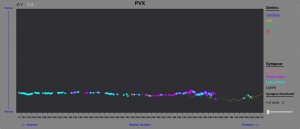
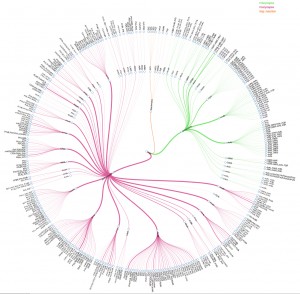
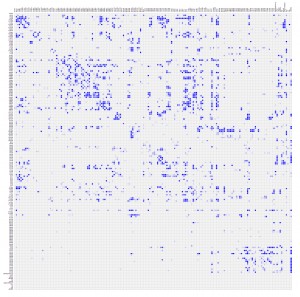
References
Jarrell et al., 2012. Science. In press.
Male Wiring Project, Albert Einstein College of Medicine, website: http://worms.aecom.yu.edu/PHP/male_wiring_project.php
The WormWiring Project, Albert Einstein College of Medicine, website: http://www.wormwiring.org
White JG, Southgate E, Thomson JN, and Brenner S. (1986). The structure of the nervous system of Caenorhabditis elegans. Philosophical Transactions of the Royal Society, Series B Biological Sciences 314, 1-340. 

